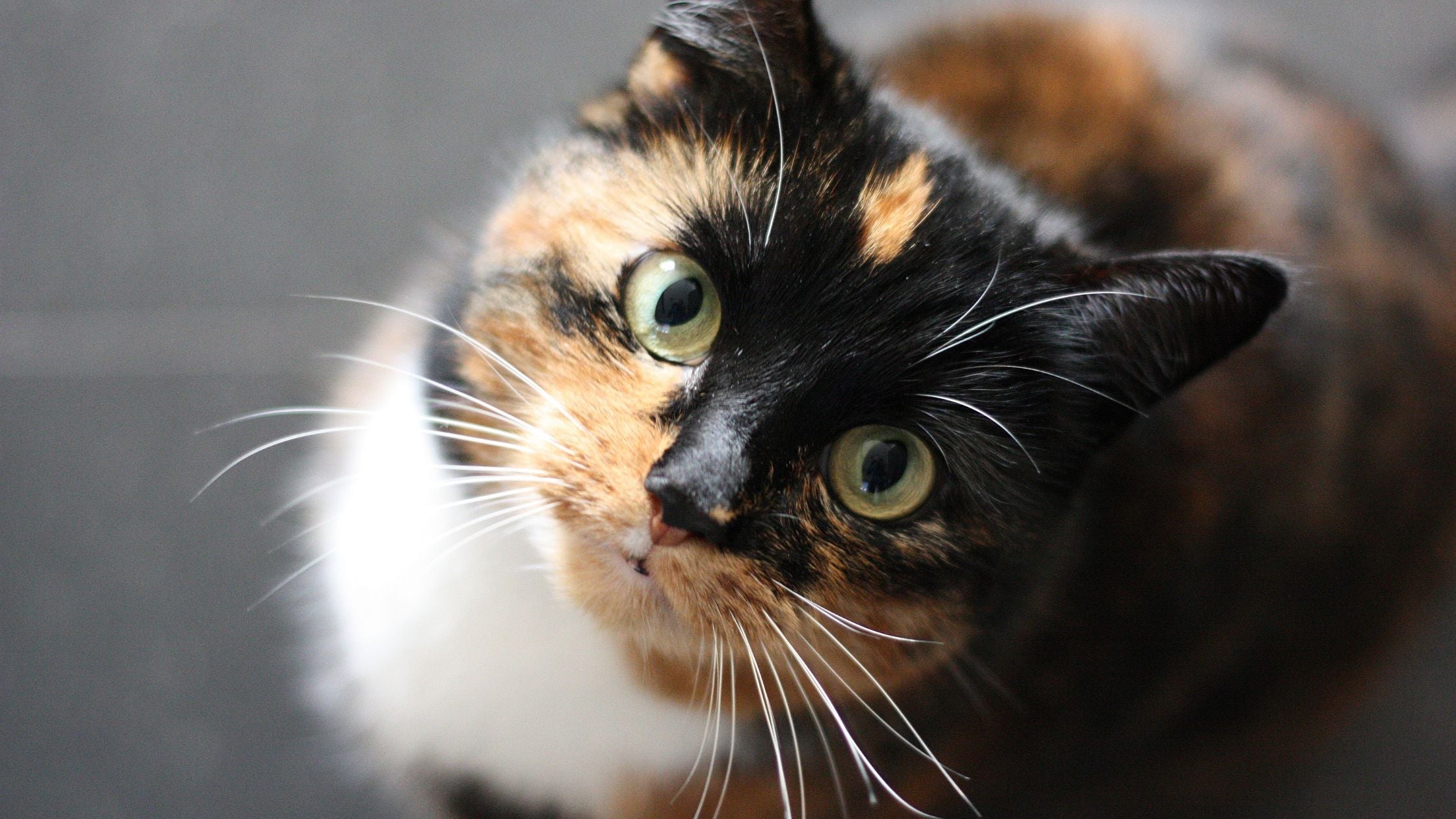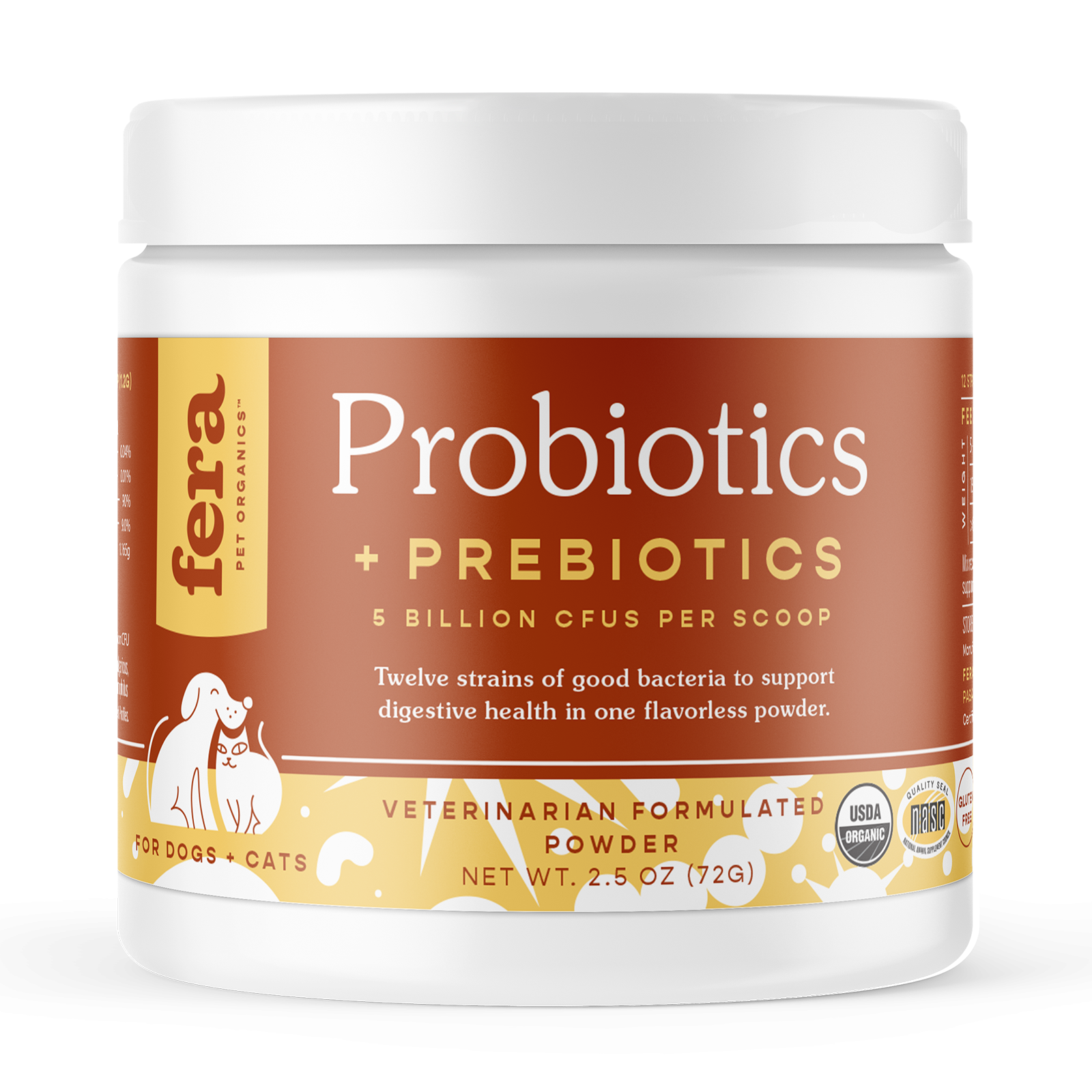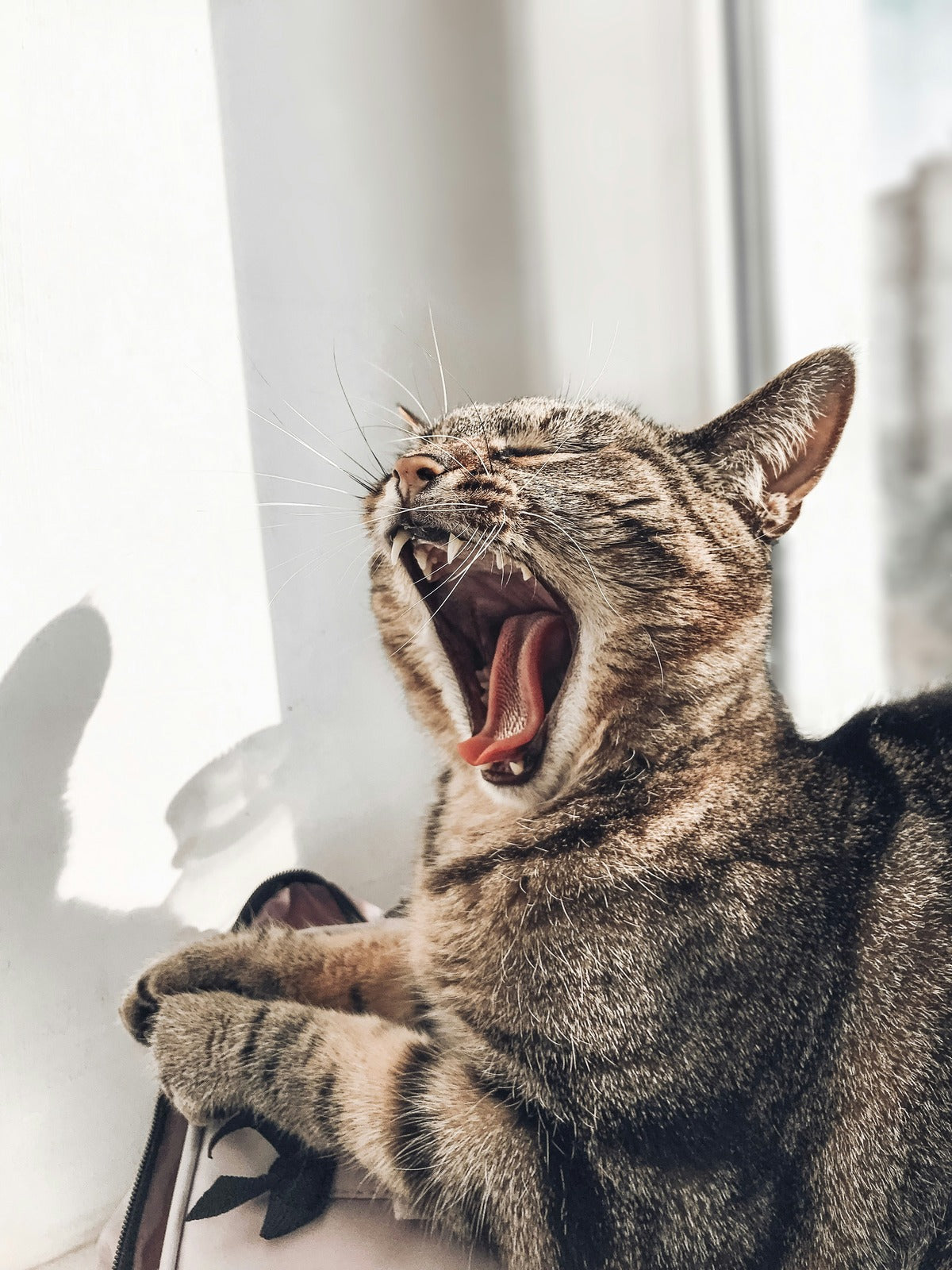Probiotics for Cats: Keeping Your Feline’s Gut Running Purrfectly
Unlock the secret to your feline's gut health with probiotics. Surprisingly, your cat's digestion is a cornerstone of their overall health. Learn how probiotics can alleviate common issues and strengthen your pet's immune response - your cat's well-being starts from within.
Our feline friends may seem invincible at times (especially with those nine lives), but their digestive systems are surprisingly sensitive. Whether your cat struggles with gut problems or you’re in search of an easy way to maintain your pet’s overall health, a probiotic is an excellent option.
In this guide, we’ll explore the basics of probiotics for cats, their basics, and how you can integrate them into your furry friend's daily routine.
Understanding Probiotics for Cats
Probiotics are live bacteria that, when administered in adequate amounts, can relay a wealth of health benefits to the host. Just like humans, the gut microbiome in cats plays a crucial role in supporting digestion, nutrient absorption, and immune function.
Benefits of Probiotics for Cats
- Digestive Health: Probiotics can support digestion by helping to maintain a healthy balance of gut flora. They can also help alleviate symptoms of digestive issues such as diarrhea, constipation, and loss of appetite.
- Immune Support: The roots of our digestive systems lie in our gut, which is also true for our feline friends. By promoting a healthy gut microbiome, probiotics can strengthen your cat's immune response, making them more resilient to infections and illnesses.
- Allergy Relief: Some studies suggest that probiotics may help alleviate symptoms of food allergies in cats by promoting immune response.
- Stress Management: Cats are sensitive creatures, and stress caused by anxiety or environmental factors like moving to a new home can take a toll on their digestive health. Probiotics may help mitigate the effects of stress on the gut, promoting overall well-being.
Choosing the Best Probiotic for Your Cat
When it comes to selecting probiotics for cats, there are a few key factors to consider. Here are some of the most important:
- Quality and Purity: Look for probiotics that contain high-quality ingredients and pure strains of beneficial bacteria. Avoid products with unnecessary additives or fillers like corn, wheat, or soy.
- CFU Count: CFU (colony-forming units) indicates the number of viable bacteria present in the probiotic supplement. Choose a product with a sufficient CFU count to ensure effectiveness, ideally 1 to 10 billion.
- Strain Diversity: A probiotic supplement with a variety of strains can provide broader benefits to your cat's gut health. Some to look for are:
- Manufacturer’s Contact Information: Should you have any questions or concerns about your product, it’s helpful to refer to the contact information on the product’s label. It’s a sign of decent customer service and a company that cares.
- NASC Seal: The NASC (National Animal Supplement Council) seal proves that the product meets the organization’s rigorous standards for overall product quality.
- Veterinarian Approval: Before introducing any new supplement to your cat's diet, consult with your veterinarian to ensure it's suitable for your cat's specific needs and health status.
Introducing Probiotics to Cats
Once you and your veterinarian have decided on a good probiotic for your feline friend, it's time to introduce it into their routine. Here are some tips for a smooth transition:
- Start Slowly: Since cats have such a sensitive digestive system, it’s crucial to begin by introducing a small amount of the probiotic to your cat's food. Then gradually increase the dosage over time if there are no adverse effects.
- Mix with Food: Most probiotic supplements come in powder or capsule form, which can be easily mixed into your cat's food. Ensure thorough mixing to prevent your picky eaters from picking out the probiotic.
- Monitor for Reactions: Keep an eye on your cat for any signs of adverse reactions or digestive upset after introducing the probiotic. If you notice any issues, consult your veterinarian.
- Be Patient: It may take some time for your cat's gut microbiome to adjust to the new probiotic regimen. Practice patience and consistency and it will very likely pay off.
Add a Prebiotic for Optimal Results
Probiotics have to eat, too! That’s why a good prebiotic is an excellent addition to any probiotic supplement. These soluble fibers serve as “food” for the probiotics residing in the host’s intestines to help the digestive system and several other bodily systems function optimally.
There are standalone prebiotic supplements and probiotic supplements that have prebiotics formulated into it. If you’re not sure which one to choose for your cat, don’t hesitate to contact your veterinarian.
Naturally Support Your Furry Friend's Health in Every Stage of Life
At Fera Pets, we’re as committed to supporting the longevity and quality of your pets’ lives as you are. Join our family of pet lovers by signing up for our e-newsletter and you’ll be treated to exclusive discounts, new product announcements, more pet health tips from our blog, and more.
Sources:





